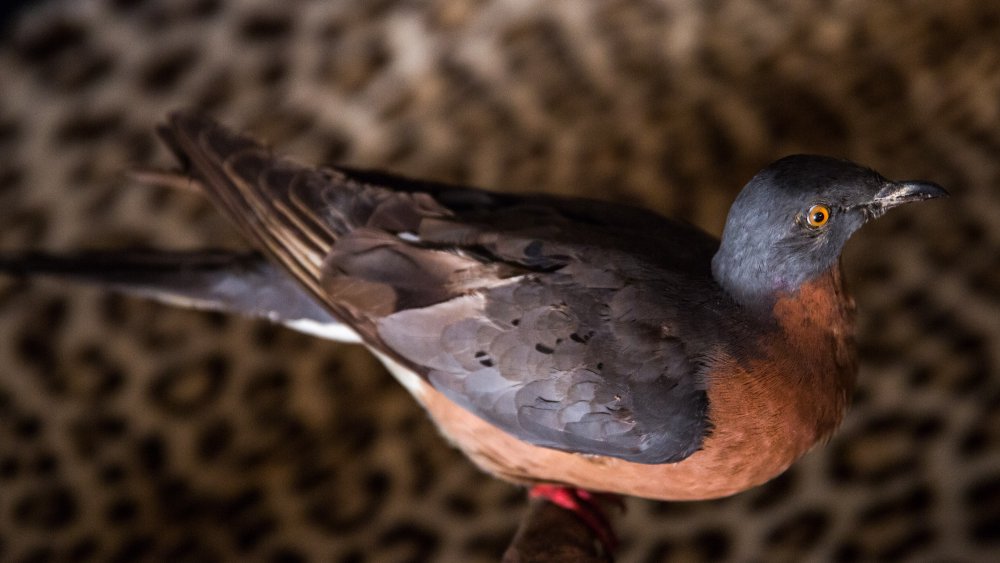Now extinct passenger pigeons could have been the most abundant bird species in north america and the world they were so great in numbers that hunters mistakenly believed they d never be extinct

Now extinct, passenger pigeons could have been the most abundant bird species in North America and the world.
/https://www.thestar.com/content/dam/thestar/news/gta/2014/08/23/the_roms_collection_of_extinct_passenger_pigeons_could_be_key_to_renewing_the_species/photojpg.jpg)
Passenger pigeons (Ectopistes migratorius) were remarkable birds that once inhabited North America in unimaginable numbers. They moved across the skies in enormous flocks, darkening the skies for hours as they flew overhead. Their untimely extinction serves as a tragic reminder of the devastating consequences of human influence on nature.
[h3 font size]
The Most Abundant Bird Species in North America and the World
Passenger pigeons were not only abundant in North America but also held the title for being the most abundant bird species in the world. Rough estimates suggest that their population numbered in billions, possibly even surpassing the combined population of all living bird species today. Their abundance was unparalleled, reaching levels that are almost unimaginable.
The Illusion of Indestructibility
The sheer vastness of passenger pigeon flocks led hunters to believe that these birds would never face extinction. They became targets of commercial hunting due to their large numbers and healthy meat, which was a popular food source in the 19th century. Due to the seemingly endless supply of passenger pigeons, hunters mistakenly believed that their actions would have no significant impact on the species’ survival.
The Ruthless Exploitation
In the 1800s, the mass hunting and exploitation of passenger pigeons rapidly escalated. Hunters used various methods including the use of nets, guns, traps, and even torching nesting trees to collect millions of pigeons. At times, thousands of birds were killed in a single hunt. The introduction of rail networks enabled the rapid transport of the harvested pigeons to cities, depleting their population further.
The Cascade of Extinction
The demise of passenger pigeons was a cascading effect driven by multiple factors. Apart from excessive hunting, the destruction of their forest habitats affected breeding and nesting patterns. These birds relied on immense colonies, and the felling of forests disrupted their ability to reproduce. The combination of relentless hunting and habitat loss pushed the species to the brink of extinction.

Human Ignorance and Inaction
Despite the undeniable decline of passenger pigeon populations, it was not until the late 19th century that conservationists began to sound the alarm. Unfortunately, it was too late. The last known passenger pigeon, named Martha, died in captivity at the Cincinnati Zoo in 1914, marking the extinction of this once-thriving species.
A Cautionary Tale
The story of passenger pigeons serves as a stark reminder of the devastating impact that human actions can have on our natural world. It highlights the need for greater awareness, responsibility, and conservation efforts to ensure the survival of vulnerable species. May the loss of the passenger pigeon serve as a powerful lesson to protect the precious biodiversity that remains.
Tags
Share
Table Of Contents
Related Posts
Quick Links
Legal Stuff

